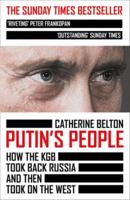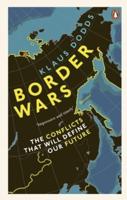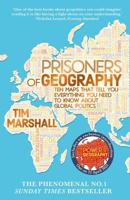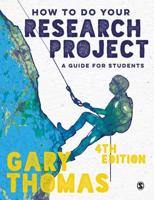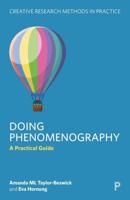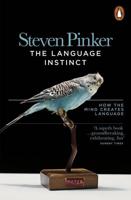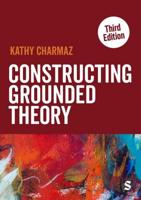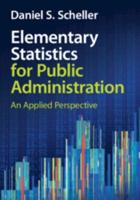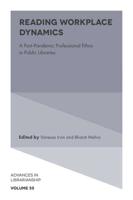Publisher's Synopsis
This book challenges the common perceptions of Australian dependence upon great-power allies in the conduct of its foreign relations through a critical examination of Australia's relations with the People's Republic of China. The author focuses on the economic and political dimensions of the policy-making process from the founding of the PRC in 1949 to the present era, against an analytical framework that takes into account both internal and external factors in the formulation and implementation of Australian foreign policy. Informed by political science and international relations, the book differs from the conventional literature on Sino-Australian relations, which has either focused on pure economic analysis or concentrated on chronicling historical events. The author weaves theoretical insights from political science and international relations into the historical analysis while seeking to examine the interplay between political and economic factors over time in shaping policy outcomes. The book draws not only on primary and secondary sources but also on information and insights obtained from interviews with a vast array of direct participants in the policy process, including almost all the former ambassadors from both China and Australia, covering the entire period of the diplomatic relationship. As a result, the book breaks new ground, especially from the Hawke era onwards, revealing hitherto overlooked details of interest in the policy process.


